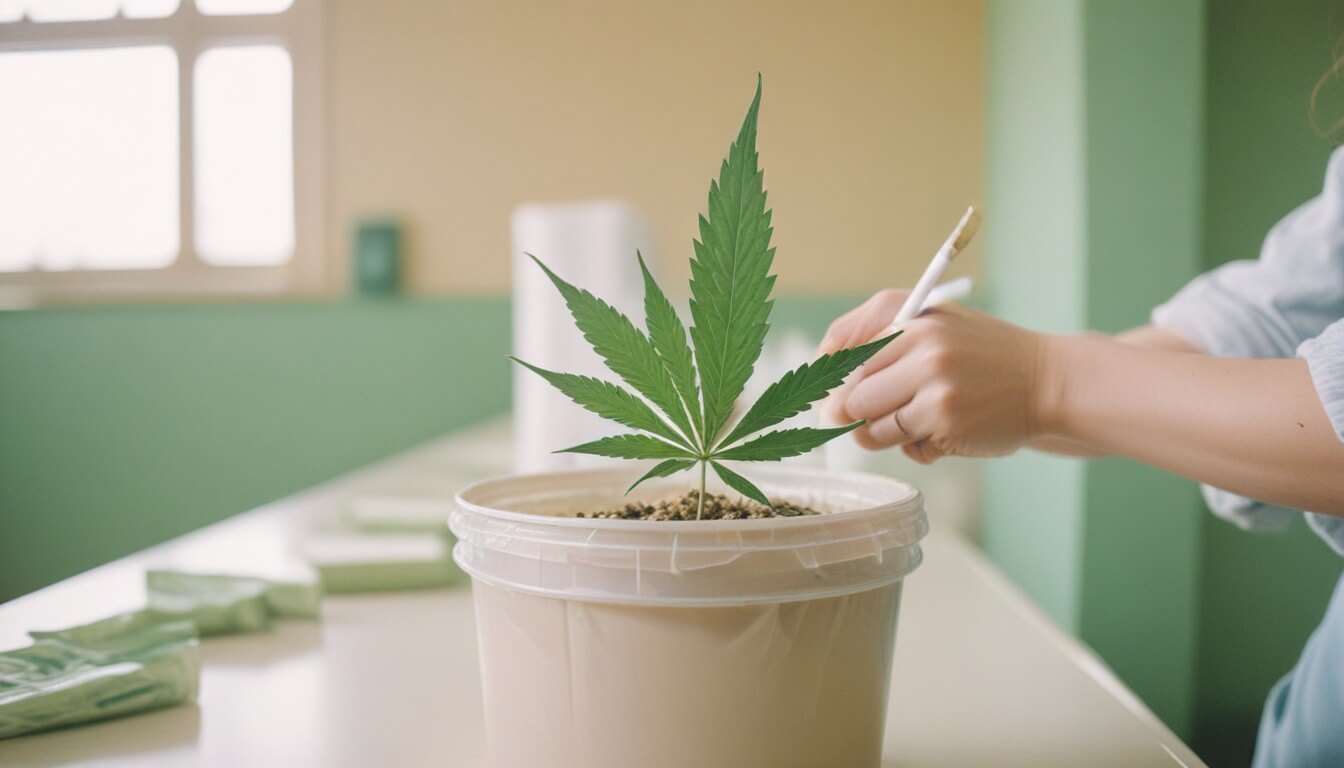This November, the people of South Dakota will have a significant decision to make regarding cannabis consumption for adults aged 21 and older. Secretary of State Monae Johnson’s recent approval means that this critical measure has qualified for inclusion in the general election ballot. With an impressive show of public support and historical context to consider, voters prepare once again to shape the future of cannabis laws in their state.
A history of cannabis reform attempts in South Dakota
In a historic move back in 2020, South Dakota became the first state to legalize cannabis simultaneously for both recreational and medical use. However, the celebration was short-lived. Following a challenge led by Governor Kristi Noem, the state Supreme Court struck down the adult-use portion of the law based on a technicality. This left only medical cannabis approved but dashed hopes for broader decriminalization.
Setbacks and persistence
The fight didn’t end there. In 2022, another initiative made it to the ballot, aiming to allow adults to possess and consume homegrown cannabis without establishing a commercial market. Despite the efforts, voters rejected this proposal. These setbacks haven’t deterred activists, who remain dedicated to realizing the vision of legalized cannabis in the state.
Current ballot measure: what’s at stake?
This year, the proposed legislation up for a vote focuses on personal use rather than creating a commercial framework. If passed, the bill would permit adults 21 and older to possess up to 2 ounces of cannabis flowers and 16 grams of concentrates. Additionally, it would allow for the home cultivation of up to six plants. The approach aims to balance individual freedom with regulatory considerations, avoiding the complexities of a commercial market at this stage.
Overwhelming public support
Activists gathered over 22,000 signatures from registered voters to get the measure on the ballot. This number far exceeds the required 17,508, demonstrating substantial public backing. Matthew Schweich, the director of South Dakotans for Better Marijuana Laws, expressed gratitude towards supporters and emphasized the community’s strong commitment to the cause.
Voices supporting legalization
Paul Armentano, Deputy Director at NORML, highlighted the robust grassroots support driving this initiative. According to him, the successful effort to place the issue before voters underscores how deeply committed the community is to changing cannabis laws. Such widespread advocacy could be instrumental in swaying the outcome of the upcoming vote.
Confidence in a people’s victory
Matthew Schweich remains optimistic about the chances of the measure being taken. He pointed out that qualifying for the ballot indicates considerable local support for cannabis reform. His confidence suggests that the electorate might finally achieve what previous votes failed to secure—a legal framework allowing adult use of cannabis in various forms without criminal penalties.
Looking forward: potential implications
If the measure passes, South Dakota would join a growing list of states where adult cannabis use is allowed, reshaping the state’s social landscape. Besides granting more personal freedoms, it would also reflect an evolving public attitude towards cannabis. Some anticipated benefits include encouraging responsible use among adults and reducing penal actions related to minor possession.
Policy and regulation challenges
The lack of a commercial market framework means state lawmakers must still address crucial details like production standards and enforcement regulations. Moreover, policymakers may face new questions about fair implementation and safeguarding public health by focusing solely on personal use. These aspects will require thoughtful planning and precision to ensure the new law effectively serves its intended purpose.
A pivotal moment in South Dakota
This upcoming vote represents a decisive turning point for South Dakota concerning cannabis legislation. The stakes are undeniably high, and a deep-rooted history of attempts and broad-based support is rallying behind them. As advocates and opponents gear up for the final stretch toward November, one thing is clear—the citizens of South Dakota have the power to significantly influence the path of cannabis policy in their state this fall.





